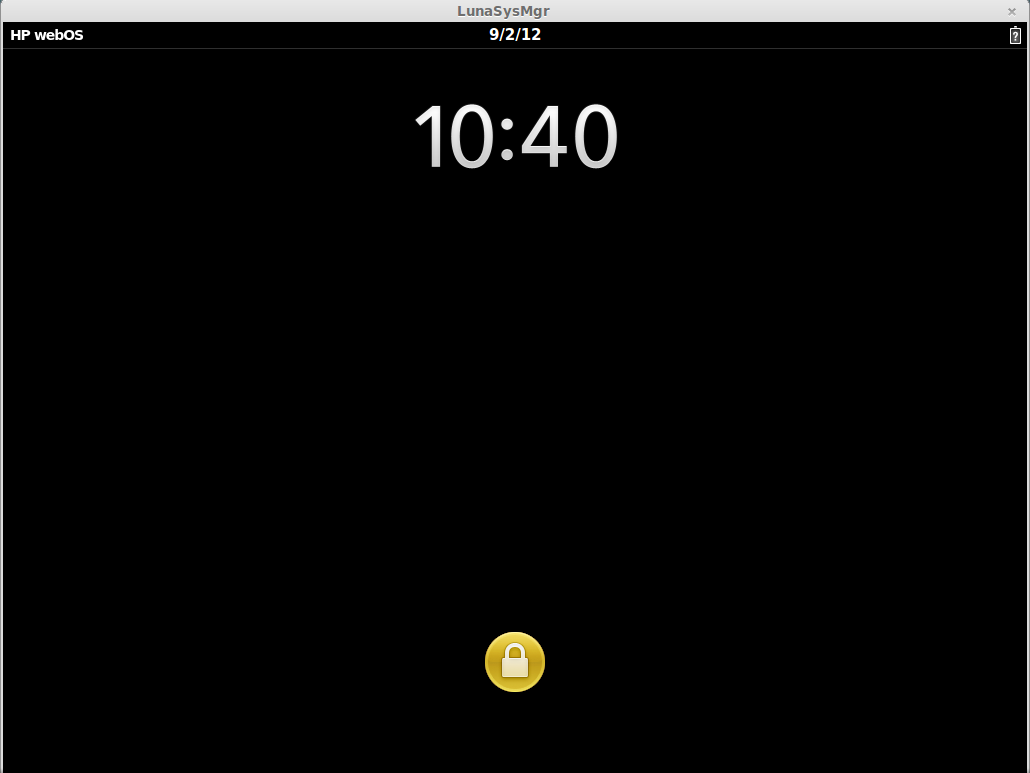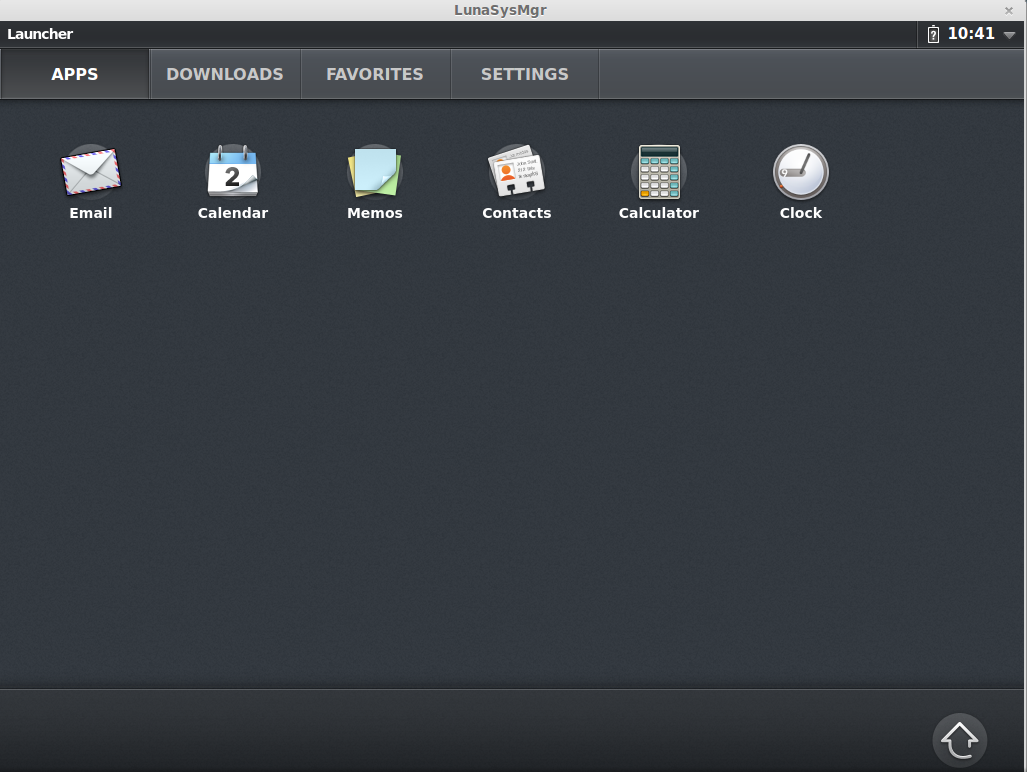HP has just released its first beta version of the webOS, It is said the user experience of webOS is quite impressive, so I immediately had it installed on my PC. There are two versions of Beta release,one embedded version and one Ubuntu version. I briefly share my installation experience of webOS in Linux.
In the official document, it says "By 'Linux' we mean 'Ubuntu Linux'", it doesn't support server version and 64 bit version of Ubuntu. Here I use Mint 13.
1. Clone source code from github
Address : https://github.com/openwebos/build-desktop
git command :
1 |
git clone https://github.com/openwebos/build-desktop.git |
or you can directly download Zip file, there are installation instructions in the README file, please read it carefully.
2. Installation prerequisites
README gives some prerequisites
01 |
sudo apt-get install git git-core pkg-config make autoconf \ |
02 |
libtool g++ tcl unzip libyajl-dev libyajl1 qt4-qmake \ |
03 |
libsqlite3-dev curl |
04 |
05 |
sudo apt-get install gperf bison libglib2.0-dev libssl-dev \ |
06 |
libxi-dev libxrandr-dev libxfixes-dev libxcursor-dev \ |
07 |
libfreetype6-dev libxinerama-dev libgl1-mesa-dev \ |
08 |
libgstreamer0.10-dev libgstreamer-plugins-base0.10-dev \ |
09 |
flex libicu-dev |
10 |
11 |
sudo apt-get install libboost-system-dev libboost-filesystem-dev \ |
12 |
libboost-regex-dev libboost-program-options-dev liburiparser-dev \ |
13 |
libc-ares-dev libsigc++-2.0-dev libglibmm-2.4-dev libdb4.8-dev \ |
14 |
libcurl4-openssl-dev |
15 |
16 |
sudo apt-get build-dep qt4-qmake |
In Ubuntu, you can directly copy these commands and run, but in yum, you need to find the command one by one.
3. Build and install webOS
The source codes cloned in step 1 are just some shell scripts which are used to download,build and launch webOS, there are no actual source codes for the system. You can execute the below shell script to build
1 |
|
you need to keep network connected during the whole process, it will take 2.4G space after building and also it will take a while for the build process. Please be patient.
After building, run following shell script to install
1 |
sudo ./install-webos-desktop.sh |
Installation just creates some symlinks, you can use below command to remove them
1 |
sudo ./install-webos-desktop.sh remove |
4. Launch webOS
Still under the build-desktop directory, start respective services
1 |
./service-bus.sh start |
2 |
./service-bus.sh services |
The first time, you need to do some initialization and create default user account
1 |
./service-bus.sh init |
Then you can use following command to run webOS
1 |
./run-luna-sysmgr.sh |
After running, stop respective services
1 |
./service-bus.sh stop |
5. User experience
With above steps, you should have your webOS ready on Linux
Lock screen

Application interface

Application switch


